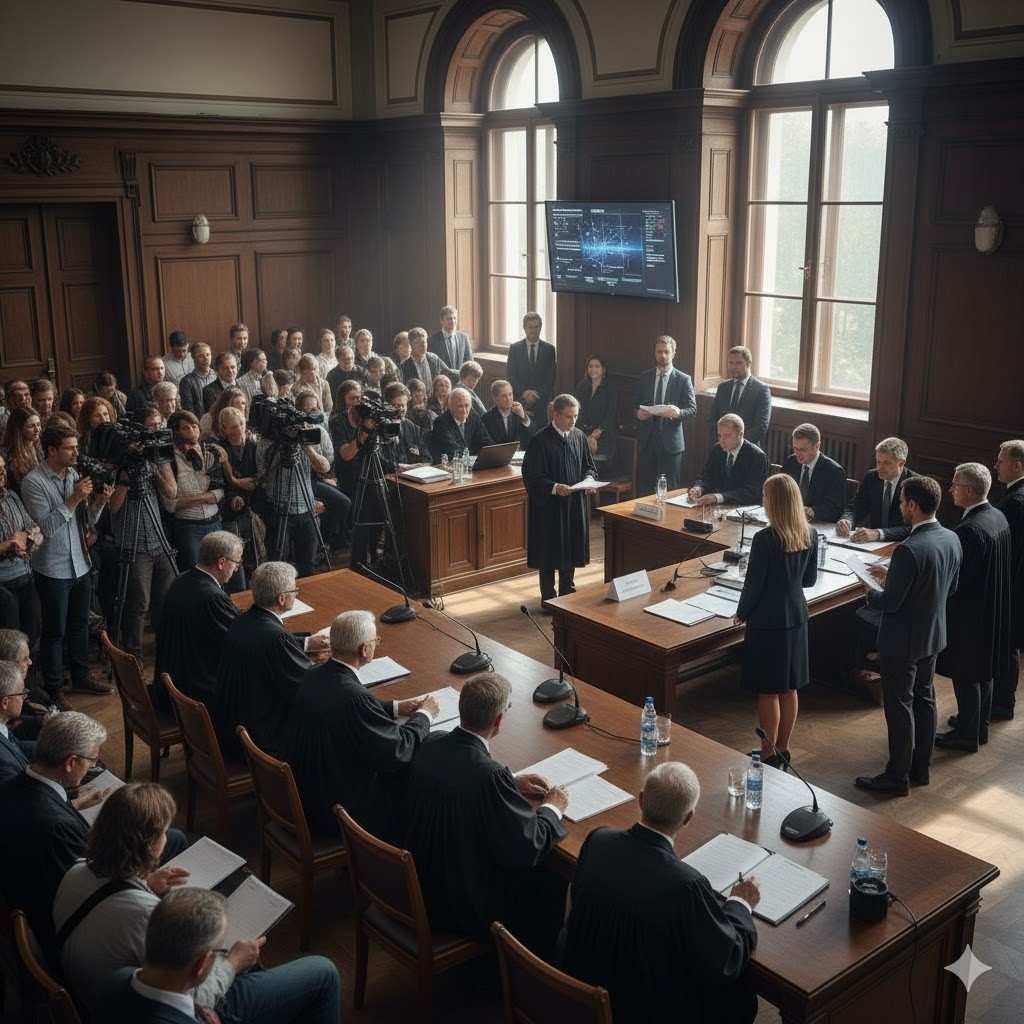Yes, you can request a news organization to remove coverage of a court hearing, but whether it will do so depends on legal grounds, editorial discretion, and the public interest involved. With digital news reaching millions in real time, legal issues and court proceedings frequently become headline news. But what if you are involved in a court case — or mentioned in one — and wish to have details removed from news reports? Can an individual or organization request a news outlet to take down (or “de-publish”) articles about a court hearing? Here’s what you need to know.
Public Interest and Open Courts
India follows the principle of “open courts,” meaning most judicial proceedings and their outcomes are open to the public. Journalists report on what happens in court to promote transparency, accountability, and an informed society. Court judgments and hearings are usually part of the public record unless specifically restricted by the bench.
The Legal Framework for News Removal
Legally, news organizations are within their rights to publish coverage of court hearings unless there are special reporting restrictions:
- In-camera Proceedings: Some cases (e.g., sensitive family disputes, sexual assault matters, or cases involving minors) may be heard “in camera.” In these situations, courts may prohibit or restrict media reporting.
- Court Orders & Gag Orders: Occasionally, courts issue explicit instructions preventing certain information from being published. Violation of such an order can be considered contempt of court.
Unless one of these exceptions applies, typical court hearing reports are lawful.
The Right to Be Forgotten
The “right to be forgotten” is an evolving principle in Indian privacy law. It allows individuals — in certain circumstances — to ask for removal of online content that affects their reputation after they have served their sentence or been acquitted. Indian courts are still debating its scope and limits, but this right sometimes applies to news reporting of past legal cases.
How to Request Removal
If you believe coverage of a court hearing should be removed:
- Contact the News Organization: Explain your reasons clearly. Many reputable media houses have a formal process for reviewing takedown requests, typically based on legal or ethical grounds.
- Provide Legal Documents: Support your request with relevant court orders, judgments, privacy concerns, or evidence of inaccuracies.
- Seek Legal Advice: For strong cases — such as instances of privacy violations, accidental publication of protected details, or false reporting — consult a qualified lawyer. If justified, your lawyer may approach the relevant court for an order directing the removal of specific content.
Editorial Guidelines and Public Interest
Even without a legal obligation, news organizations sometimes consider:
- Requests from individuals recently acquitted, especially in sensitive cases.
- Requests based on extreme distress, safety threats, or proven inaccuracies.
Ultimately, the final decision often rests with the editorial team and their assessment of public interest versus individual harm.
Conclusion
While it’s possible to request a news organization to remove information about a court hearing, success depends on the nature of the legal proceedings, public interest, and whether any laws compel removal. If you are affected, transparency, clear communication, and — where necessary — legal recourse are your best tools.
Get Latest News Live on Storify News along with Breaking News and Top Headlines from US News, Trump News, Taylor Swift and Travis Kelce, Kamala Harris, Entertainment, Technology and around the world.

